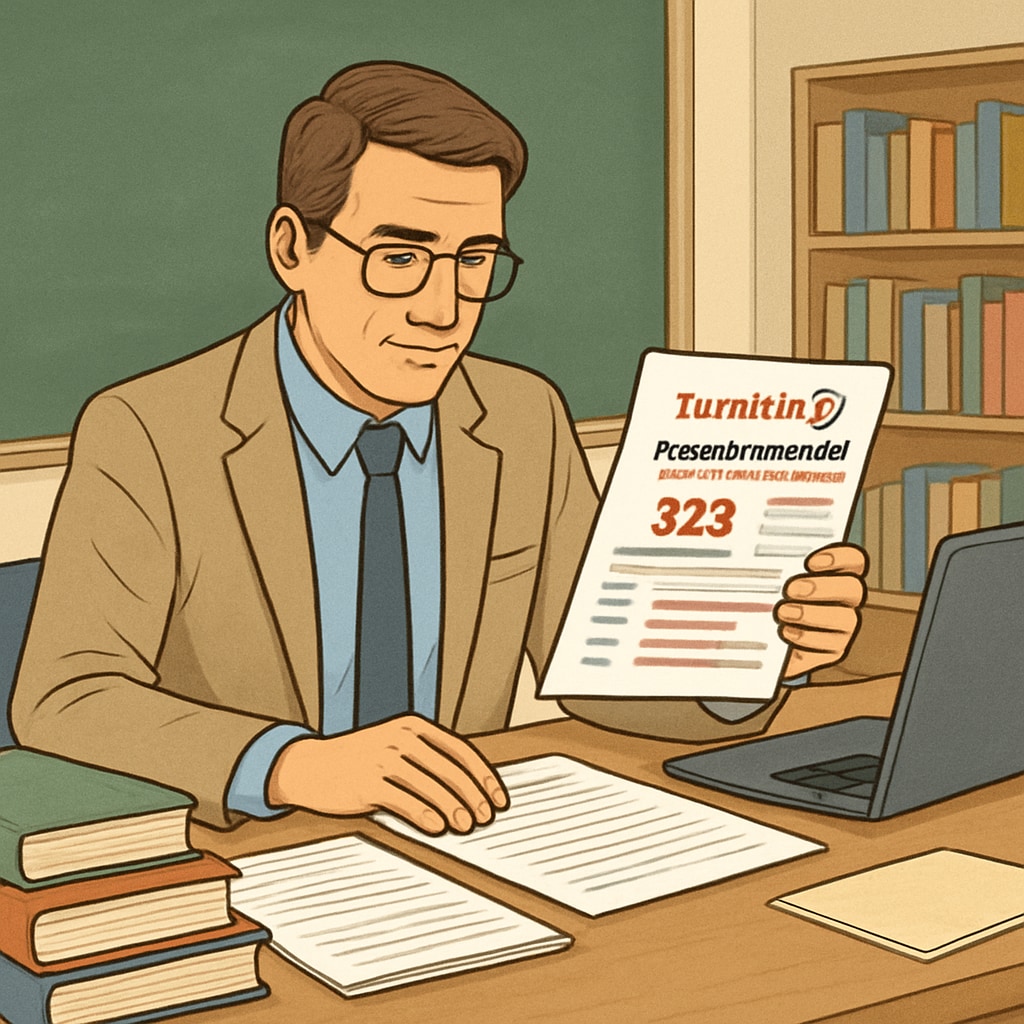In the K12 education system, accusations of plagiarism are a serious matter. However, when a professor makes an incorrect plagiarism accusation, the consequences can be devastating for the student involved. Such situations not only harm the student’s reputation but also raise questions about the fairness of academic integrity policies. Addressing this issue requires a closer look at the factors that lead to misjudgments and the implementation of mechanisms to ensure fair evaluations.
Understanding the Roots of Plagiarism Misjudgments
False plagiarism accusations often arise from a combination of factors. First, the subjective nature of plagiarism detection can lead to errors. Teachers may interpret similarities in phrasing or structure as intentional copying, even when the work is original. For example, students who lack advanced writing skills might rely on common phrases or structures, which could be flagged as unoriginal.
Second, the over-reliance on plagiarism detection software contributes to misjudgments. While tools like Turnitin are widely used, they are not infallible. These programs can flag properly cited content or coincidental matches, leading to unwarranted accusations. Additionally, a lack of understanding about how to interpret these reports can exacerbate the problem.

Finally, implicit biases may also play a role. Teachers, consciously or unconsciously, may scrutinize certain students more harshly based on their academic history or personal assumptions. This undermines the principle of fairness and can reinforce inequality within the education system.
The Impact of False Accusations on Students
Being wrongly accused of plagiarism can have a profound impact on a student’s academic and emotional well-being. For one, it can damage their academic record, leading to lower grades or disciplinary action. In competitive academic environments, even a single mark of misconduct can have long-term consequences, such as reduced chances of college admission.
Emotionally, these accusations can erode a student’s self-confidence and trust in the education system. Many students feel discouraged and may disengage from their studies. A 2022 study from the Encyclopedia Britannica highlights how academic dishonesty allegations can increase stress levels and negatively impact mental health.
Moreover, false accusations can strain relationships between students and teachers, creating a hostile learning environment. When students feel unjustly treated, they may be less likely to seek help or participate actively in class discussions, further hindering their academic growth.

Solutions for Ensuring Fair and Accurate Assessments
To prevent plagiarism misjudgments, educators must adopt a balanced approach that combines robust policies with sensitivity to students’ needs. Here are some practical solutions:
- Comprehensive Training for Educators: Teachers should receive training on academic integrity, including how to interpret plagiarism detection reports accurately. This will reduce the risk of misinterpretation and ensure consistency in assessments.
- Implementing a Two-Step Verification Process: Before accusing a student of plagiarism, a second teacher or administrator should review the evidence. This additional layer of scrutiny minimizes errors and promotes fairness.
- Providing Clear Guidelines to Students: Schools should offer workshops on proper citation practices and what constitutes plagiarism. When students understand expectations, they are less likely to be accused unfairly.
- Fostering Open Communication: Encouraging dialogue between teachers and students can help clarify misunderstandings. If a student is suspected of plagiarism, they should be given an opportunity to explain their work before any formal action is taken.
In addition, schools should consider revising their academic integrity policies to include safeguards against false accusations. For example, they might establish an appeals process where students can contest accusations with evidence supporting their case.
Balancing Academic Integrity with Fairness
Maintaining academic integrity is essential, but it should not come at the expense of fairness. Educators play a crucial role in shaping students’ attitudes toward honesty and responsibility. By fostering a culture of trust and transparency, schools can encourage students to take ownership of their learning while minimizing the risk of unjust accusations.
Ultimately, achieving this balance requires collaboration among teachers, administrators, and students. Schools must prioritize fairness in their disciplinary processes while holding students accountable for genuine cases of misconduct. This dual focus will create an environment where academic integrity and fairness coexist harmoniously, benefiting everyone involved.
Readability guidance: The article uses short paragraphs and lists to enhance readability. Care has been taken to control sentence length and avoid excessive use of passive voice. Transition words are used throughout to ensure a logical flow.


